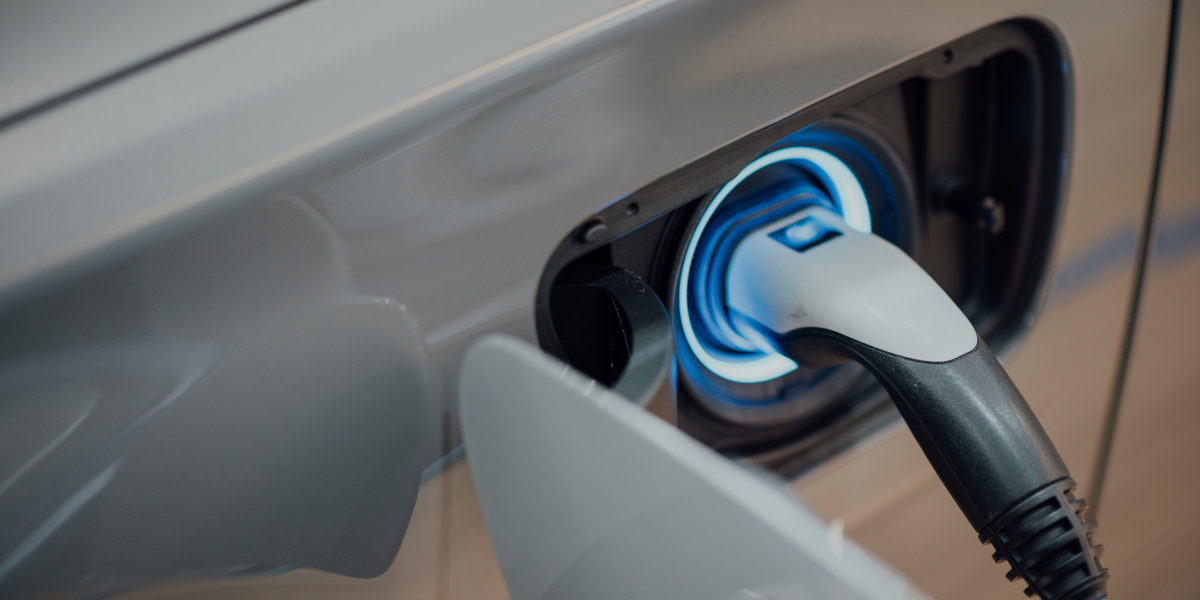Seattle, known for its dedication to environmental sustainability, is fast-tracking its own electric vehicle (EV) revolution. With a citywide push to reduce carbon emissions and prioritize renewable energy, Seattle is making strides to support EV adoption, aiming to create cleaner air and a healthier urban environment for all residents. As the demand for electric vehicles grows, Seattle’s investments in charging infrastructure, public transportation electrification, and incentives for EV ownership mark its commitment to a greener, more sustainable future.
Accelerating EV Infrastructure: Charging Stations Across Seattle
A robust charging network is essential for widespread EV adoption, and Seattle has been proactive in expanding access to public charging stations across the city. The Seattle Department of Transportation (SDOT) has partnered with local utilities and private companies to increase the number of accessible charging points, making it easier for EV owners to power up on the go.
Expansion of Fast-Charging Hubs
Seattle’s EV infrastructure includes a growing network of fast-charging hubs in high-traffic areas, such as downtown, Capitol Hill, and South Lake Union. These hubs allow drivers to recharge their vehicles quickly, promoting convenience and reducing “range anxiety” — the concern of running out of power on the road. Fast-charging stations strategically placed along major roads and near residential areas make EV ownership more viable for city dwellers who may lack access to private home chargers.
Integrating Charging Stations into Residential Areas
Recognizing the need for accessible charging options in neighborhoods, Seattle has implemented pilot programs to integrate curbside chargers in residential zones, especially in areas where garages or personal driveways are uncommon. This initiative is especially beneficial in dense, multi-family housing neighborhoods like Capitol Hill and Queen Anne, where many residents rely on street parking. By providing curbside charging stations, Seattle is ensuring that EV ownership is feasible for a larger portion of the population.
Incentives and Support for Electric Vehicle Owners
To further drive EV adoption, Seattle offers incentives and support for residents considering the switch to electric. From state and local tax rebates to benefits for EV parking, Seattle is committed to making EV ownership accessible and appealing.
Financial Incentives for a Greener Commute
Washington State provides substantial tax incentives to reduce the upfront cost of purchasing an electric vehicle, with tax exemptions on certain models and rebates for low- and moderate-income households. These financial incentives make EV ownership a more attractive option for Seattle residents, reducing the cost barrier and promoting eco-friendly transportation across income levels.
Additionally, Seattle offers parking benefits for EVs, with designated spaces and reduced parking rates in select city-owned garages. These perks help incentivize the transition to electric, making it easier and more affordable to navigate Seattle’s urban landscape in an EV.
Seattle’s Focus on Public EV Awareness
The city also invests in educational campaigns to raise awareness about the benefits of electric vehicles. Through community events, workshops, and online resources, Seattle aims to inform residents about the advantages of EVs for both the environment and personal finances. By offering test drives and partnering with EV manufacturers to showcase new models, these campaigns help demystify EV ownership, showing residents that electric cars are not only efficient but also enjoyable to drive.
Electrifying Public Transit: A Cleaner, Quieter City for All
Seattle’s commitment to sustainability extends beyond private vehicles. The city is also focused on electrifying its public transportation system to reduce emissions and improve air quality. King County Metro, the region’s largest transit authority, has set an ambitious goal to transition to a fully electric bus fleet by 2040.
King County Metro’s Transition to Electric Buses
King County Metro has already begun integrating electric buses into its fleet, with dozens of battery-electric buses operating along major routes throughout Seattle. These buses produce zero tailpipe emissions, helping to reduce air pollution in neighborhoods and along heavily trafficked areas. By 2040, the entire Metro fleet is expected to run on electricity, making public transit a cleaner, greener option for Seattle residents and visitors.
Sustainable Transportation Benefits for the Community
The shift to electric buses benefits Seattle beyond reducing emissions. Electric buses are quieter than traditional diesel buses, reducing noise pollution and creating a more pleasant urban environment. Seattle’s focus on electric transit also makes the city’s transportation system more resilient, as electric vehicles can be powered by renewable energy sources like wind and hydroelectric power, which are abundant in the Pacific Northwest.
EV Car-Sharing Programs: Expanding Access to Electric Vehicles
In an effort to make electric vehicles accessible to more people, Seattle has introduced EV car-sharing programs that allow residents to rent electric cars on a short-term basis. Car-sharing platforms, such as GIG Car Share, have added electric models to their Seattle fleets, giving residents an opportunity to experience driving an EV without committing to ownership.
This approach is particularly beneficial for those who don’t require a vehicle daily but want access to sustainable transportation options when needed. By expanding car-sharing networks to include electric vehicles, Seattle is helping reduce the number of traditional gasoline-powered cars on the road, cutting emissions and promoting an eco-conscious lifestyle.
Seattle’s Path Forward: Leading the Way to a Greener Future
For Seattle, the path forward is electric, and the city’s commitment to sustainability ensures a greener tomorrow. As these efforts continue, Seattle stands as a beacon of eco-friendly urban planning, demonstrating that with the right investments and community support, a city can lead the way toward a healthier planet.
Published by: Annie P.






